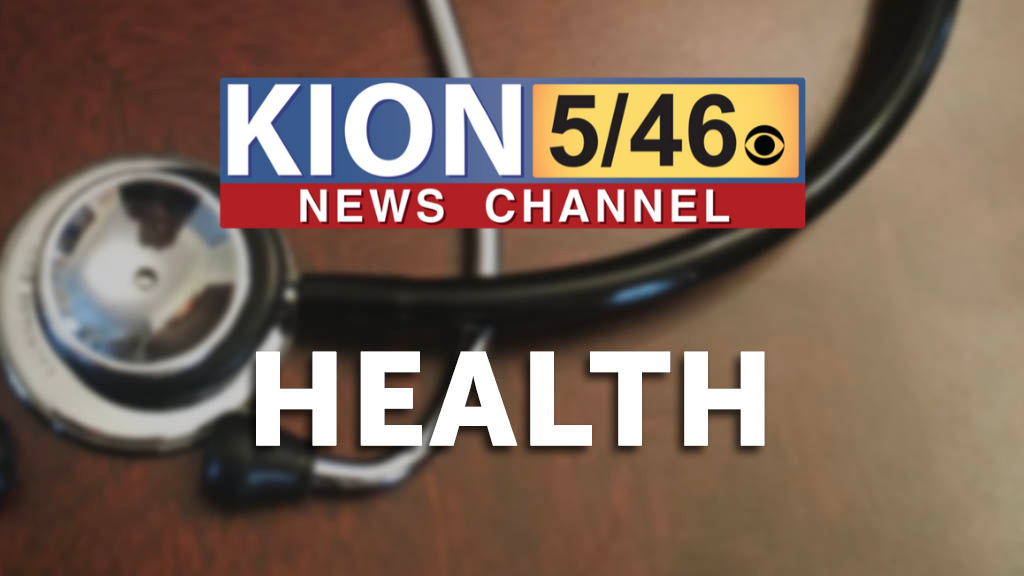State fires vaccine chief after she shares policy about vaccinating teens

By Jacqueline Howard and Deidre McPhillips, CNN
Most teens heading back to school in the coming weeks will be unvaccinated against Covid-19, federal data suggests.
As many teens across the United States prepare for a return to school this fall, a new CNN analysis finds that less than a third of them are on track to be fully vaccinated against Covid-19 in the next two weeks.
About 7 million adolescents, ages 12 to 17, have been fully vaccinated so far, according to the latest data published Thursday by the US Centers for Disease Control and Prevention. Fully vaccinated means two weeks since the completion of a second dose of the Pfizer/BioNTech coronavirus vaccine.
Based on recent trends, another 600,000 or so adolescents may be fully vaccinated in the next two weeks, around the time many of them may be heading back to school in August.
If that happens, then the number of adolescents fully vaccinated by that time will represent only about 30% of the roughly 25 million 12- to 17-year-olds in the United States.
And only about 38% — 9.6 million adolescents — would have received at least one dose of Covid-19 vaccine by the time many schools start in two weeks, according to CNN estimates from CDC data. Many large school systems — including Atlanta, Fort Myers, Florida, Flagstaff, Arizona, and the entire state of Hawaii — start school in the first two weeks of August.
Earlier this week, former CDC acting director Dr. Richard Besser said that the nation must increase “pressure” and “accessibility” for teens to get vaccinated against Covid-19 in order to make schools safer this fall.
“As a pediatrician and a parent, I know that the best place for kids to be in terms of their emotional health, in terms of their development, is in school. And I think what we’ve learned over the past year is that this can be done safely. It can be done safely for children,” Besser, president and CEO of the Robert Wood Johnson Foundation, told CNN’s Jim Acosta on Monday.
“Those who are 12 and older, we have to increase the pressure and the accessibility for those kids to be vaccinated, encouraging them to do that so that middle school and high school could be more like a normal experience,” Besser said. “When I see states around the country and some governors saying they’re not going to promote vaccines for these kids, that I find extremely discouraging, because there is the opportunity to protect those children and those people who have contact with those children if we get on the same page and do what public health is recommending.”
Tennessee counts as one of those states. The Tennessee Department of Health confirmed to CNN last week that it is temporarily halting all adolescent vaccine outreach, even for vaccines not related to Covid-19.
Additionally, when reports emerged in May of heart problems possibly linked to coronavirus vaccines in teens, vaccination numbers started to decline.
Vaccinations for 12- to 15-year-olds started out high soon after May 10, when the FDA authorized the two-dose Pfizer/BioNTech vaccine for that age group. In less than one week, 600,000 children in that group were vaccinated, according to data from the CDC.
But the numbers took a nosedive on May 23, the day after media articles appeared about the possible link to the vaccine and myocarditis, or inflammation of the heart, in young people. Most cases of myocarditis were mild and typically resolved quickly.
In June, the US Food and Drug Administration added a warning about the risk of myocarditis and pericarditis, inflammation of the tissue surrounding the heart, to the fact sheets for both the Pfizer and Moderna vaccines.
Around that same time, Dr. William Schaffner, a longtime vaccine adviser to the US Centers for Disease Control and Prevention, told CNN that he understood the myocarditis risk might make parents nervous, but that the risk of Covid-19 should make them much more nervous.
“People think that doing nothing is not a decision,” he said. “But not vaccinating your child is a decision, and it’s a decision that puts them at risk.”
Research published in June in the CDC’s Morbidity and Mortality Weekly Report found that among 204 adolescents hospitalized for Covid-19, there were no deaths but nearly a third were admitted to intensive care units and roughly 5% required invasive mechanical ventilation
CDC researchers wrote in that report, “Recent increased hospitalization rates and the potential for severe disease reinforce the importance of continued COVID-19 prevention measures among adolescents, including vaccination and correct and consistent wearing of masks.”
The-CNN-Wire
™ & © 2021 Cable News Network, Inc., a WarnerMedia Company. All rights reserved.
CNN’s Elizabeth Cohen contributed to this report.